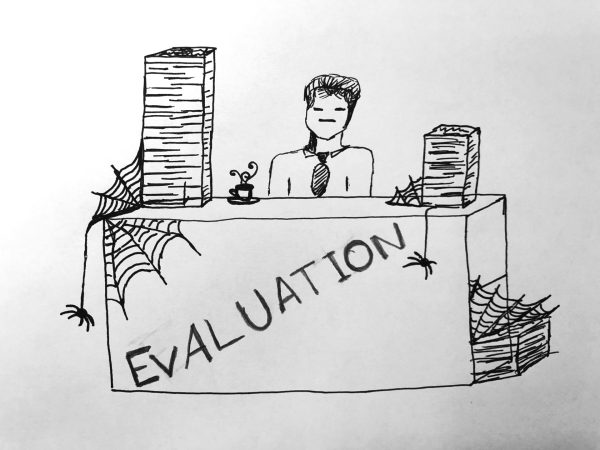Staff Editorial: Minimum wage measure a great step for Illinois
October 21, 2014
With Election Day drawing near, one of the selections on the ballots has caused widespread debate through Illinois—minimum wage hikes.
With Gov. Pat Quinn fiercely supporting an increase from $8.25 to $10 an hour, and candidate Bruce Rauner wanting to raise the minimum wage only if three business-related policies are passed, it should be noted that increasing the minimum wage has benefits for Illinois.
A higher pay would benefit low-income workers and it would increase families’ incomes.
This would help families go past the federal poverty threshold of $18,700 for a family of three and $24,100 for a family of four, according to Reboot Illinois.
For college students looking to graduate and begin families soon, the increase in minimum wage would be a great way to help start a family. The income raise would benefit everybody living below the poverty line, which would close the gap between impoverished and the not.
Also on the website, it states that the U.S. Congressional Budget Office estimates nearly 16.5 million workers would see higher earnings during the second half of 2016, when the $10.10 minimum wage is fully implemented.
So even if college students do not want to start families, the assumption is after college, students will want to find jobs. Higher earnings of course speak volumes to students, as the cost of living still rises year-to-year. It should be noted that with an increase of minimum wage, new workers will have the monetary means to feed back into the economy.
In addition to the benefits for low-income families and workers, the budget office also estimates earnings for low-income workers would increase to an estimated $31 billion, though, all of those earnings would not only go to low-income families, but also those above the federal poverty threshold as many low-income workers are not members of low-income families.
The budget office projects 19 percent of $31 billion would go to families living below the federal poverty threshold. However, 29 percent would subsidize families making more than three times the poverty threshold.
For many students living with poverty or knowing somebody who lives in poverty, it should be an easy decision to vote for raising the minimum wage level. Poverty, a huge issue in Illinois, affects students as well.
Raising the minimum wage will help bring the economy in Illinois to a higher rate, as the people will have more money to put back into businesses and other expenditures.
Voting for a raise in minimum wage for Illinois will help put the state—constantly plagued by economic woes—in the right direction.












































